Practical Law Company Escrow Agreement: A Complete Guide
Escrow agreements are a common practice in legal transactions, aimed at mitigating the risks for both parties involved. An escrow is a third-party intermediary that holds the funds or assets until the conditions of the agreement are met. In the case of a Practical Law Company escrow agreement, the parties involved are the buyer, seller, and escrow agent.
A Practical Law Company escrow agreement is a comprehensive legal document that outlines the terms and conditions under which the escrow agent will hold and disburse the funds or assets. This type of escrow agreement is often used in mergers and acquisitions, real estate transactions, and other high-value deals.
The main purpose of a Practical Law Company escrow agreement is to ensure that the buyer can receive a refund if any contingencies are not met, and that the seller can receive payment if all conditions are satisfied. The escrow agent acts as a neutral party, holding the funds or assets until the agreed-upon conditions are met.
Here are the key elements of a Practical Law Company escrow agreement:
1. Escrow Agent: The agreement will identify the escrow agent, who will hold the funds or assets until the agreement`s conditions are met. The escrow agent is typically a trusted third-party financial institution or attorney.
2. Funds or Assets: The agreement will specify the amount of funds or assets to be held in escrow and the conditions under which they will be released. The terms of releasing the funds or assets may be based on milestones or specific dates.
3. Conditions: The agreement will specify the terms and conditions under which the escrow funds or assets will be released. These may include conditions such as the completion of due diligence, the satisfaction of regulatory requirements, or the receipt of required approvals.
4. Liabilities: The agreement will outline the responsibilities and liabilities of the buyer, seller, and escrow agent. The escrow agent is responsible for safeguarding the funds or assets, and the buyer and seller are responsible for complying with the terms of the agreement.
5. Fees: The agreement will specify the fees associated with the escrow services. The fees may be fixed or a percentage of the amount held in escrow.
6. Termination: The agreement will outline the circumstances under which the escrow agreement may be terminated, such as a breach of the agreement by one of the parties.
In conclusion, a Practical Law Company escrow agreement is a crucial legal document that provides security and mitigates risk for both parties involved in a high-value transaction. The agreement will outline the terms and conditions under which the funds or assets will be held in escrow and the circumstances under which they will be released. By partnering with a trusted and experienced escrow agent, both parties can have peace of mind that the transaction will be completed safely and effectively.

Commentaires récents